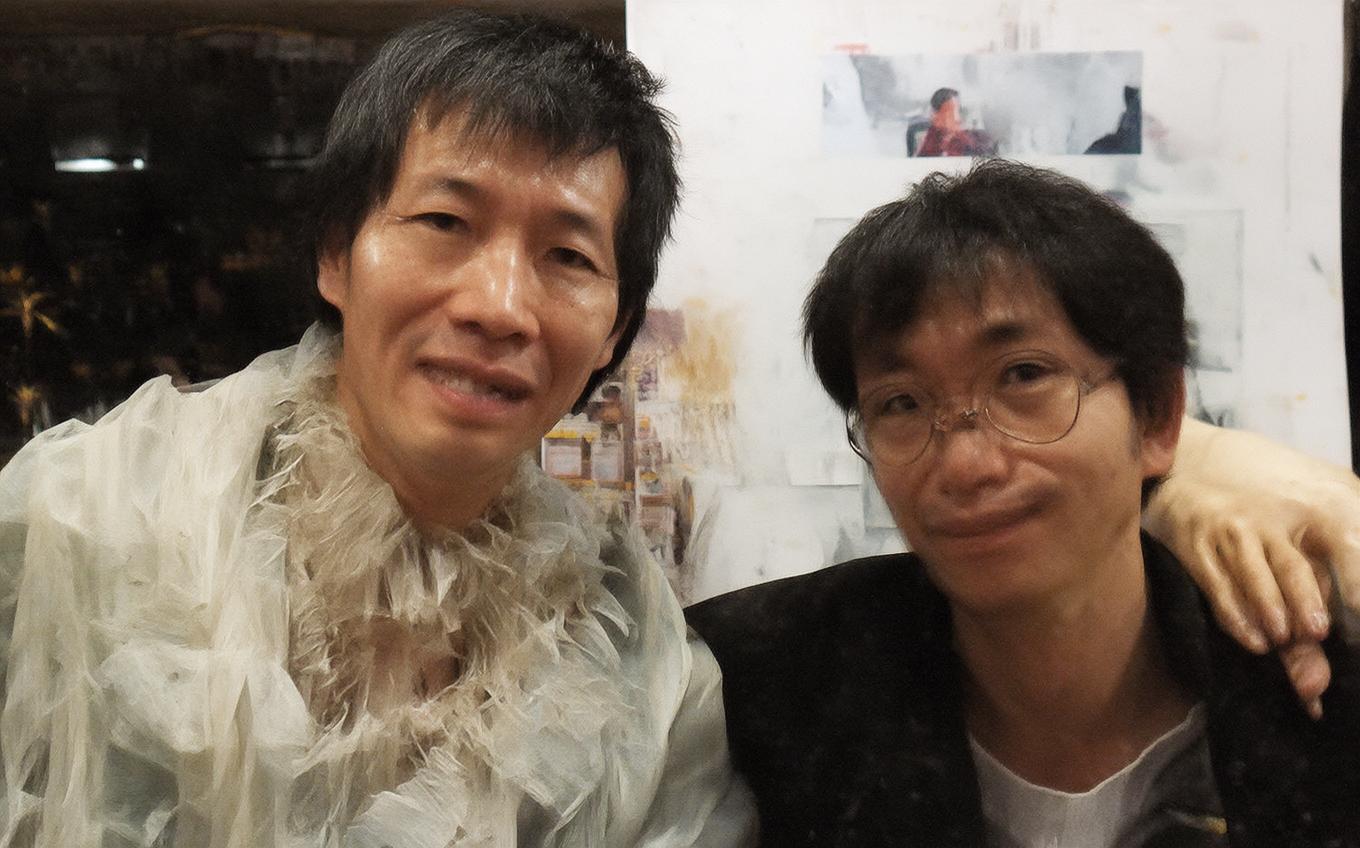Analysis of "西宫春怨" - Classical Chinese Poetry
Introduction
"西宫春怨" (Xī Gōng Chūn Yuàn, "Spring Grievance in the Western Palace") is a famous poem by Wang Changling (王昌龄, 698–757), a renowned Tang Dynasty poet known for his mastery of the qiyan jueju (seven-character quatrain) form. This poem captures the melancholy of a palace lady confined in the imperial harem, a common theme in Tang poetry reflecting the isolation and unfulfilled desires of women in the royal court.
Wang Changling's works often explore themes of love, loss, and the human condition, blending delicate imagery with emotional depth. "西宫春怨" is celebrated for its subtle portrayal of sorrow and its critique of the oppressive structures of imperial life.
The Poem: Full Text and Translation
西宫夜静百花香
Xī gōng yè jìng bǎi huā xiāng
The Western Palace is silent at night, fragrant with a hundred flowers
欲卷珠帘春恨长
Yù juǎn zhū lián chūn hèn cháng
She longs to roll up the beaded curtain, but spring resentment stretches long
斜抱云和深见月
Xié bào yún hé shēn jiàn yuè
Holding her lute askew, she gazes deeply at the moon
朦胧树色隐昭阳
Méng lóng shù sè yǐn zhāo yáng
The hazy trees obscure the Zhaoyang Palace
Line-by-Line Analysis
-
"西宫夜静百花香"
- The opening sets a serene yet poignant scene: the Western Palace is quiet, filled with the scent of blooming flowers. The contrast between the beauty of spring and the palace's silence hints at loneliness. -
"欲卷珠帘春恨长"
- The lady wishes to open the beaded curtain (a symbol of her seclusion), but her "spring resentment" (unfulfilled longing) feels endless. The curtain becomes a metaphor for her trapped emotions. -
"斜抱云和深见月"
- She holds her lute (yunhe, a refined instrument) listlessly, suggesting her lack of motivation. Gazing at the moon—a classic symbol of solitude—deepens the sense of yearning. -
"朦胧树色隐昭阳"
- The obscured view of Zhaoyang Palace (the emperor's residence) reflects her hopelessness. The "hazy trees" symbolize the barriers between her and the object of her desire.
Themes and Symbolism
- Loneliness and Confinement: The poem critiques the imperial harem system, where women lived in gilded cages, their fates tied to the emperor's fleeting attention.
- Nature as a Contrast: The vibrant spring scenery contrasts with the lady's sorrow, emphasizing her emotional isolation.
- The Moon and the Lute: Traditional symbols of melancholy and unexpressed feelings. Her lute, held carelessly, mirrors her neglected spirit.
Cultural Context
During the Tang Dynasty, palace ladies were often selected from noble families but spent lifetimes in obscurity if they failed to gain the emperor's favor. Poems like "西宫春怨" humanized these women, offering a subtle critique of their plight.
Wang Changling's work reflects Confucian ideals of harmony and restraint, yet it also reveals the tension between societal structures and individual suffering. The poem's enduring appeal lies in its universal portrayal of longing and resignation.
Conclusion
"西宫春怨" is a masterpiece of understated emotion, using vivid imagery and symbolism to convey the quiet despair of a palace lady. Its themes of isolation and unfulfilled desire resonate across cultures, reminding us of the human cost of power and privilege.
Today, the poem remains a poignant reflection on the universal search for connection—and the pain of being unseen. Through Wang Changling's artistry, we glimpse the heartache behind the grandeur of imperial China.




Comments (0)
No comments yet. Be the first to comment!